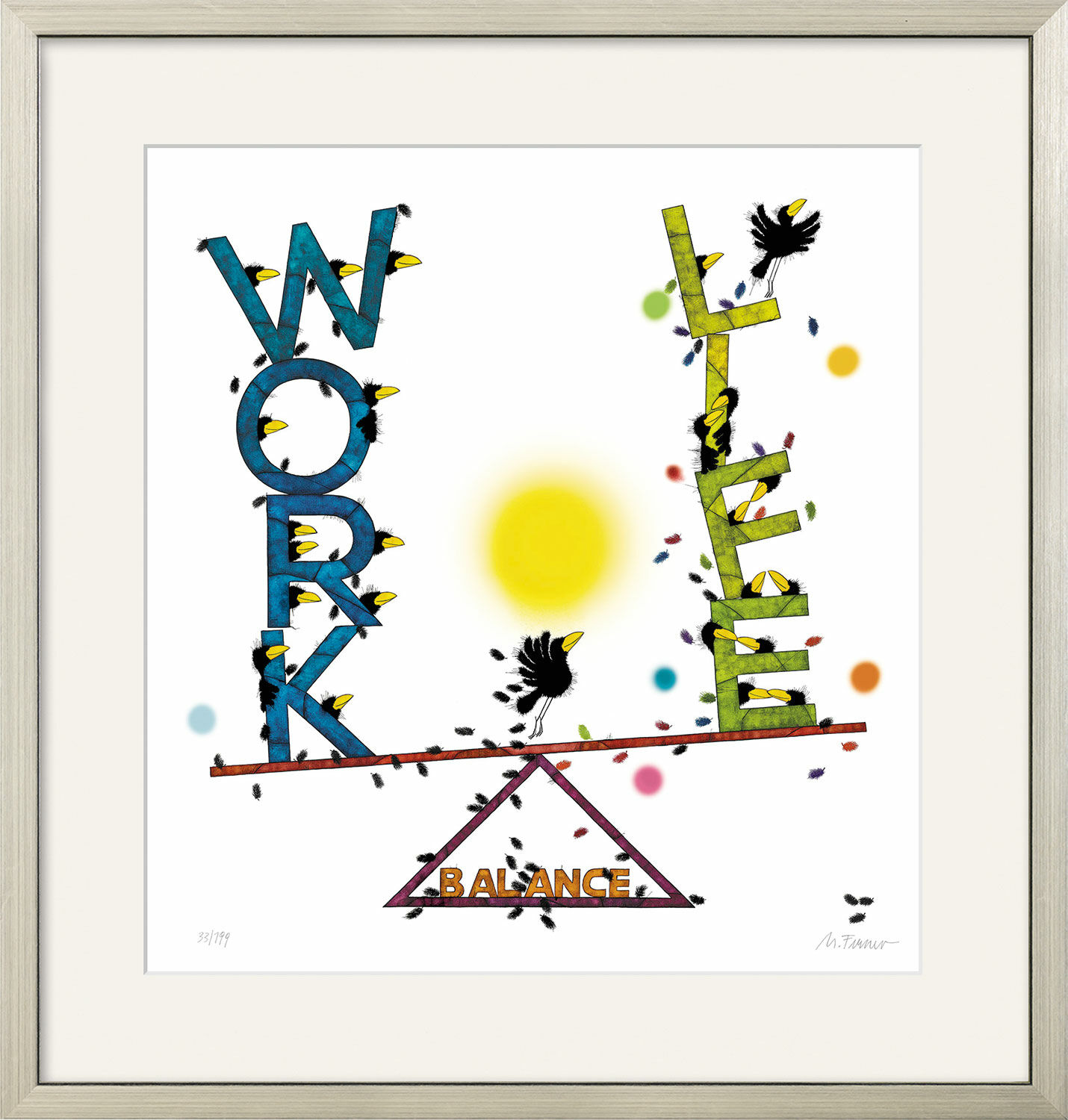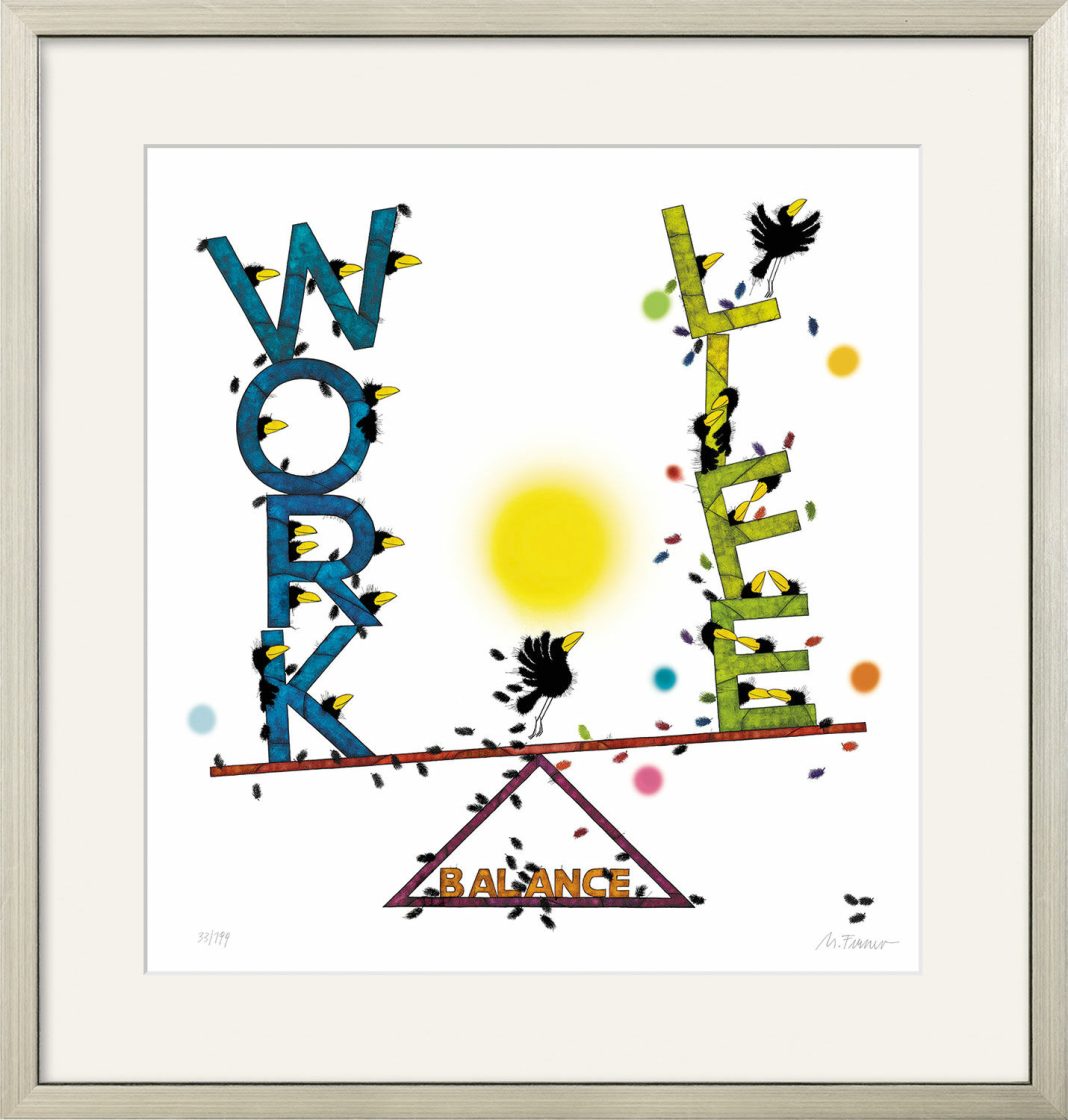 The prevalence of working while on vacation, also known as “workcations,” seems to have decreased in recent years, according to a survey conducted by Movchan Agency. Out of the 2,000 US adults polled, 54% admitted to working during their vacations. While this number is still significant, it is actually lower than previously reported rates, which showed that two-thirds of Americans worked while on vacation.
The prevalence of working while on vacation, also known as “workcations,” seems to have decreased in recent years, according to a survey conducted by Movchan Agency. Out of the 2,000 US adults polled, 54% admitted to working during their vacations. While this number is still significant, it is actually lower than previously reported rates, which showed that two-thirds of Americans worked while on vacation.
However, the decline in workcations does not necessarily indicate a positive shift in work-life balance or increased respect for employees’ time off. Nadya Movchan, the founder and CEO of Movchan Agency, believes that the decrease may be attributed to other factors such as exhaustion or the need to work additional jobs to make ends meet. Movchan points out that despite the decline in workcations, burnout, stress, and physical health issues continue to plague the workforce.
The nature of work has evolved over the years due to advancements in technology. Roger Hall, a business psychologist who specializes in helping professionals navigate stressful work environments, explains that the traditional boundary between work and home has been blurred. Workers used to have a physical divide as they drove home from work, allowing them to decompress and leave work-related stress behind. However, with modern technology, this boundary has disappeared. Workers now use their commute time to squeeze in more work-related phone calls or tasks.
Hall emphasizes the importance of rest and quiet time for the brain to repair itself. In today’s digital age, where individuals are constantly connected and thinking about work, there is little opportunity for the brain to rest and recharge. This lack of downtime can lead to mental health issues and decreased clarity of thought.
The survey also highlights the guilt and anxiety experienced by workers while on vacation. Approximately half of the respondents admitted feeling guilty regardless of whether they were working or not during their vacations. Additionally, 63% felt anxious if they didn’t check their work-related messages while on vacation, and 59% struggled to disconnect from work entirely.
The impact of overworking is evident, with 70% of respondents reporting mental health issues as a result. Anxiety was the most common issue, followed by turning to harmful substances, with 1 in 8 individuals admitting to doing so. The survey also revealed that 34% of people choose to work during their vacations because they genuinely love their jobs, while 29% do so out of fear of losing their jobs.
In conclusion, while the prevalence of workcations may have decreased slightly, the negative consequences of overworking and the inability to disconnect from work persist. It is crucial for individuals and employers to recognize the importance of work-life balance, rest, and mental well-being. By prioritizing these aspects, employees can achieve greater productivity and overall satisfaction in both their personal and professional lives.


